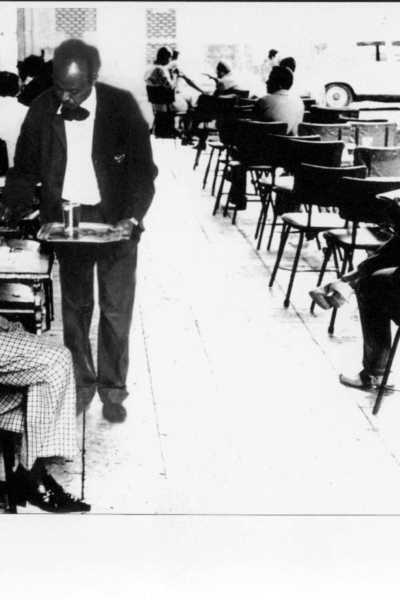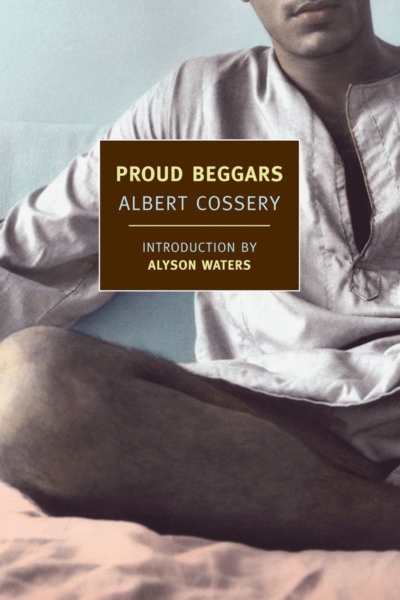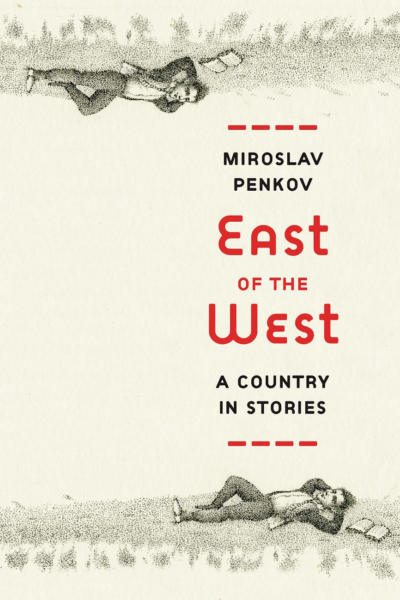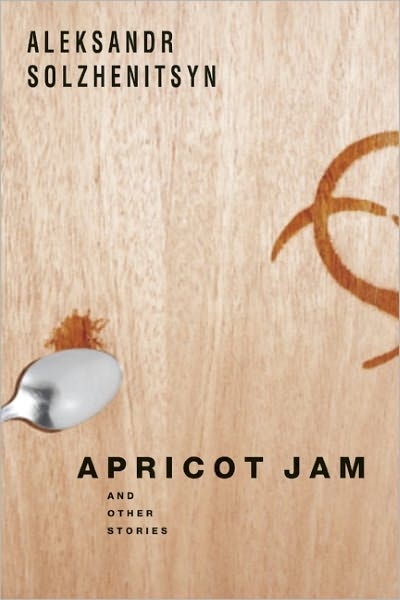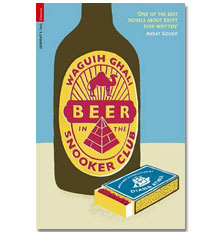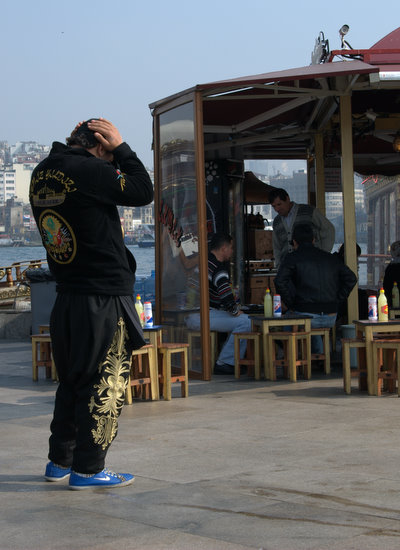The first thing George Bahgory said to me when I met him was, “Helen, I am too much human.” I smiled and nodded; I believed it. The second thing he said was “Hand me my internet.” I glanced around and handed him his laptop.
Has there ever been a historical moment when the people living it were so deeply, painfully, purposefully aware of its historical momentousness?
Proud Beggars – Albert Cossery
Cossery’s universe is governed by a system so stacked against humanity that the only way to find peace is to exist in the margins, outside of social norms and worldly obligations. Proud Beggars is not a glorification of poverty, but a condemnation of society as it exists.
East of the West – Miroslav Penkov
The eight pieces in this collection come together like a ball of tiny mirrors, reflecting and illuminating hidden corners of the battered history of a country.
But literary academia is especially funny, and especially the study of the novel. You are in the world as a person but your job is studying. It is a very comic situation, but also sad. It is like the Russian novel, sad and funny at the same time.
Apricot Jam – Aleksandr Solzhenitsyn
While Solzhenitsyn’s early work was engaged in uncovering the hidden reality of a still-existing system, this later work, a fascinating dive into the tragedy and absurdity of the most recent century, is engaged in the act of processing the past.
Cairo is in chaos. When I walked home Saturday evening through the quiet winding streets of Garden City, the central Cairo neighborhood where I live, a faint teargas-filled breeze made my eyes water and my throat close.
We were young, it was beautiful
I rushed to the newsstand to snatch up a copy of the New York Times on the day after Barack Obama was elected President. I thought I would treasure that document forever because it would remind me of a moment of collective triumph. But you can never be sure how the past will look from the future.
Beer in the Snooker Club – Waguih Ghali
Written in English by the Egyptian author Waguih Ghali and published in 1964, BEER IN THE SNOOKER CLUB is worth reading as a classic story of the pain of being both too idealistic and too cynical to make peace with the realities of living. But it is particularly interesting to come to now, in the midst of renewed political change in Egypt.
In the last essay in her trilogy about reading Turkish novels in Istanbul, Helen Stuhr-Rommereim writes about the uncanny persistence of cultural stereotypes in Elif Shafak’s THE BASTARD OF ISTANBUL, and the simultaneously predictable and unpredictable experience of travel in a foreign city.



